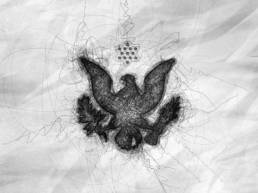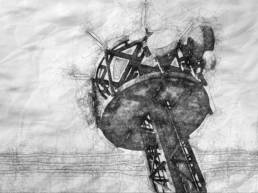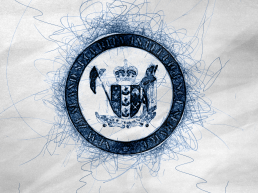Public Dialogue
Discussion Prompt: Is productive engagement on intelligence law, policy and oversight possible between the secret and civilian world and what can be gained from it? Reflections on best practice, lessons learned, and plans for the future.
The issue of intelligence in public debate has arrived at a noteworthy conundrum: on the one hand, we are experiencing a normalisation of intelligence politics — the Snowden revelations and the subsequent response by parliaments, governments, and agencies have had their share in that — on the other hand, many countries are still treating intelligence politics as a special, if not unique, realm of policy, one that necessitates secrecy by default. This prerogative leads to the exclusion of large swaths of institutionalised public life (from civil society to business, and from academia to tech industry) from the political and legislative process around intelligence. Weighing the need for national security and civil liberties should not be left to one sector alone. Rather than preclude the input of different stakeholders, we posit that sound intelligence policy and practice requires a plurality of cross-disciplinary inputs and partnerships. This discussion question seeks to investigate the practical possibility and the potential of reaching across the ‘aisle of secrecy’ by hearing from experts who have done that.
Public engagement is key for robust intelligence oversight
How conferring with civil society reference groups can help intelligence oversight bodies do their job.
Sitting on the steel fence: my dialogue with the intelligence world
Digital evidence expert and public policy analyst Peter Sommer looks back at nearly three decades working as an intermediary between the public and the secret world.
Bridge of trust
How the Norwegian oversight body mediates between the intelligence services and the public.
A healthy thing for democracy: how my office engages with civil society
The former Inspector-General of Intelligence & Security of New Zealand on her experience with setting up a civil society focus group.




